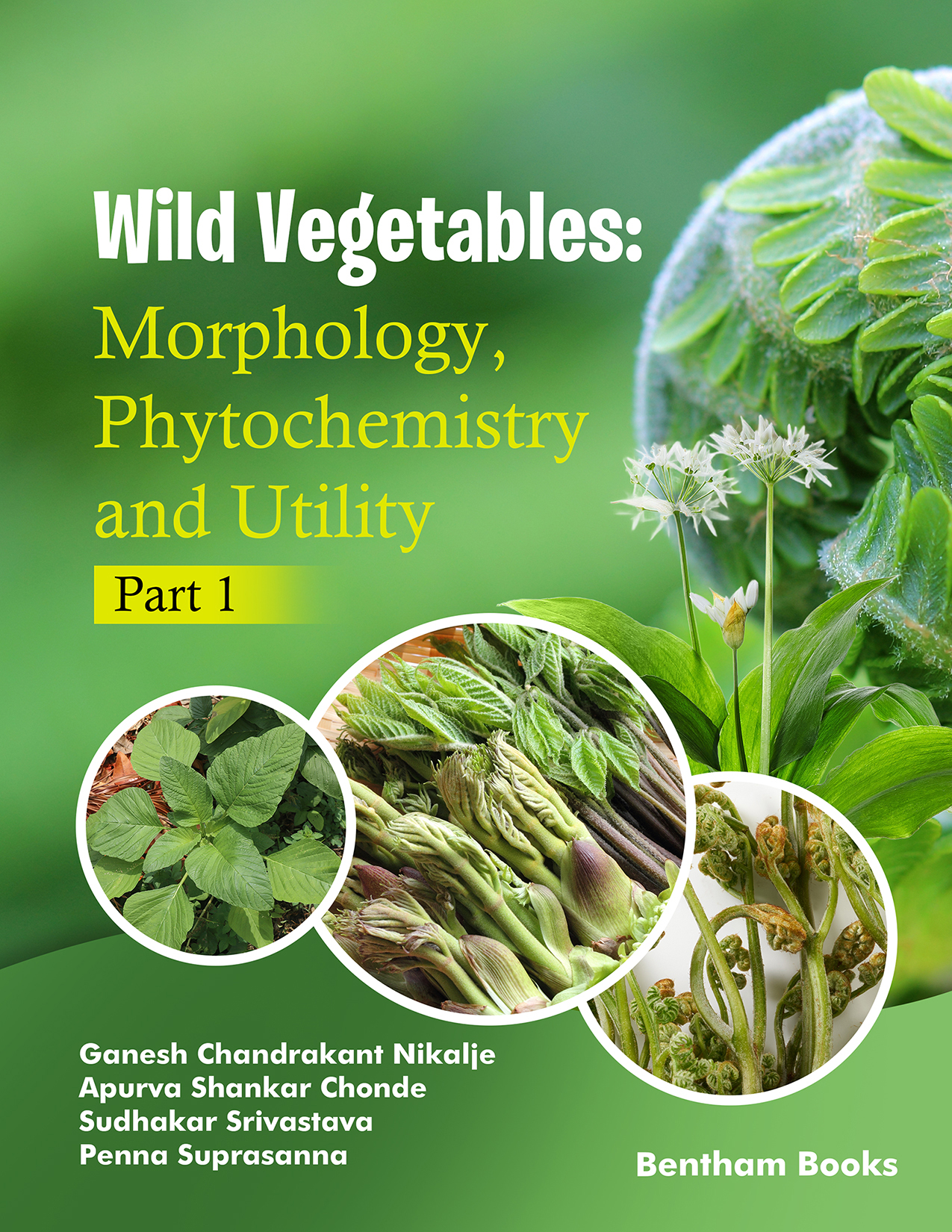Biodiversity is an extremely important and balancing factor for the sustainable environment and ecosystems. Every single individual life form from the bacteria to higher evolved life forms is a component of Earth’s ecosystem. Biodiversity refers to the relationship among various organisms and, encompasses diversity and ecosystem. Biodiversity constitutes the life support system for humankind for several needs including food, fodder, fuel, timber, pharmaceuticals and energy, and associated services (i.e. air and water, decomposition of wastes, recycling of carbon and nutrients, regulation of climate, regeneration of soil fertility, and maintenance of biodiversity).
Land use change, alterations in river flow, soil, water, and air contamination, misuse of marine resources, industrial activities, increasing population, and enhancing uniformity of food choices are the threats to biodiversity sustainability. The expansion of urban cities as well as rural agricultural activities has reduced the natural biodiversity-rich regions. The human’s ability to adapt to environments and to interact with nature led to the use of wild plants and resources for their consumption in a sustainable manner. With the evolution of humans from the early hunter-gatherers to present times, and across unique variation ranges, plants have assumed extraordinary importance in human societies and, there is an interest in many wild species especially for meals and medicines. However, the increasingly prioritized choice for food sources (grains, fruits or vegetables) has promoted extensive cultivation of a few types of plants, while the rest of the plant types are becoming extinct or restricted.
Presently, nearly thirty domesticated crop species constitute a good-sized part of the dietary range and only three principal cereal grains (rice, wheat, and maize) make contributions to greater than half of the world’s calorie consumption. While this is apparent, there are major cultivated vegetables, in which a number of ‘fit to be eaten’ species remained wild or semiwild, and had been left out during the process of domestication. However, these underutilized safe-to-eat elements have great potential to transform our food bowl in a more nutritious direction. The shift can enable the journey to a sustainable and climate change-resilient cultivation practice. The wild flora has played a very important role in contributing to the nutrition requirements of humankind all over the world and can continue to do so in the near future provided humans are aware of the potential accrued benefits.
Vegetables are consumed throughout the world for edible purposes. However, in the course of social and industrial evolution over the past few centuries, globalization has led to the homogenization of dietary habits. In the course of events, wild local relatives of a number of vegetables have been forgotten by the people and their consumption has decreased over the years. Such genetic resources of wild relatives of vegetables are decreasing and their cultivation is also getting reduced drastically. There is a need to impart knowledge to young students, researchers, and common people about the vast resources of wild relatives of vegetables in India.
This book focuses specifically on the Western Ghats, which is a huge reservoir of genetic reserve of a number of plants. The book provides ethnobotanical details, medicinal applications, phytochemical composition, and culinary notes of more than 120 wild vegetables belonging to 50 families. The information of wild vegetable plants is arranged alphabetically by family name, with each plant described in a consistent format. This book is divided in two volumes; the first volume consists of 23 families (Acanthaceae to Euphorbiaceae) and the second volume contains 27 families (Fabaceae to Zygophyllaceae). The book shall act as a useful resource material for plant lovers, nature-enthusiasts, researchers and academicians, and those interested in food and nutrition.
Ganesh Chandrakant Nikalje
Department of Botany, Seva Sadan's R. K.
Talreja College of Arts, Science and Commerce
Affiliated to University of Mumbai, Ulhasnagar-3
India
Apurva Chonde
Department of Botany, Seva Sadan's R. K.
Talreja College of Arts, Science and Commerce
Affiliated to University of Mumbai, Ulhasnagar-3
India
Sudhakar Srivastava
Institute of Environment and Sustainable Development
Banaras Hindu University
Uttar Pradesh, India
&
Penna Suprasanna
Amity Centre for Nuclear Biotechnology
Amity Institute of Biotechnology
Amity University Maharashtra, Mumbai 410206
India

